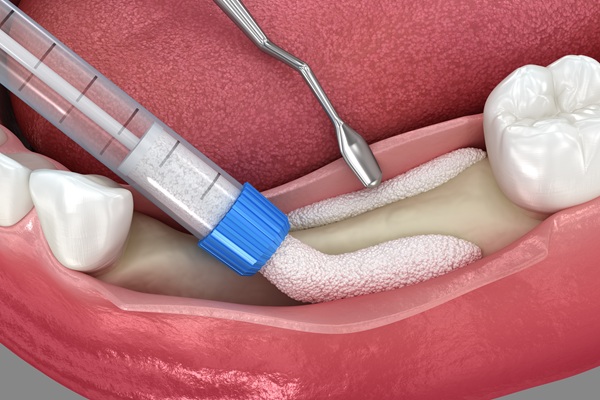An Oral Surgeon Discusses Their Role in Oral Health Care

When there is a problem that requires surgery on the nose, lips, jaws or other areas of the face, the services of the oral surgeon are often required for oral health care. The surgery could serve both functional and cosmetic purposes, but the objective is the same: Provide patients with effective treatment. This article covers the roles played by an oral surgeon in oral health care.
The roles of an oral and maxillofacial surgeon
These surgeons combine both dental and medical specialty. The work that they do is more delicate than any other dental specialty. Every dentist, whether they are specialists or generalists, spend between seven to eight years in college and dental school to obtain a doctor of dental surgery (DDS) degree or doctor of dental medicine degree (DDM). These two degrees are equivalent and allow the dentist to practice general dentistry after getting a state license. An oral surgeon, however, spends an extra four to six years in training after dental school, mostly in a hospital-based surgical setting.
The surgeon can decide to forgo dental areas outside their scope of specialty study and focus primarily on performing oral surgeries. The procedures include the following.
Dental implant placement
The placement of dental implants is perhaps the most common procedure performed by oral surgeons. In the process, they will insert a titanium screw into the jaw to fill the gap left by missing teeth. A dental prosthesis is attached to the head of the implant via an abutment to complete the dental restoration process. Dental implants have a success rate of 95%, but this is only if an experienced dental specialist handles the process.
Corrective jaw surgery
The oral surgeon can also correct misaligned teeth. Orthognathic or jaw surgeries are complicated and delicate procedures. The surgeon will ensure that the patient gets the appropriate surgery, especially if they are experiencing chewing or speaking problems or suffering from trauma that affected facial appearance. The surgery will correct the jaw’s position to restore normal oral functions.
Cleft palate and lip correction
Common congenital disabilities include cleft palates and cleft lips. Patients affected by this condition will find it challenging to swallow food or speak if the issue is left untreated. According to the National Institute of health, cleft lip surgery is usually done when the child is between three to six months of age. Correction of cleft palate is done on children between 9 to 12 months of age.
Tooth extraction
Simple teeth extraction does not require surgery. However, when a wisdom tooth is impacted (fails to erupt from the gums) or a tooth breaks close to the gums, the oral surgeon needs to perform surgical extraction to remove the tooth. Most of the cases of surgical teeth extraction involve the wisdom teeth.
Schedule a consultation
The oral surgeon plays a crucial role in oral health care. When their services are required, the patient will need to schedule a consultation to discuss their requirements. During the meeting, there will be a chance to get answers to vital questions before proceeding with dental surgery.
Request an appointment here: https://brighton.drjstearns.com or call Platte Valley Oral Surgery at (303) 997-0223 for an appointment in our Brighton office.
Check out what others are saying about our dental services on Yelp: Oral Surgery in Brighton, CO.
Recent Posts
Facial trauma treatment differs based on the severity and location of the damage. Continue reading to learn how an oral surgeon addresses facial trauma. It can cause other medical issues, so it is important to seek treatment promptly. An oral surgeon is a face trauma specialist who is trained in maxillofacial surgery and treatment. They…
Oral bone grafting procedures can help restore mouth functionality, health, and appearance. These surgical procedures vary in type and extent. Continue reading to learn more about dental bone grafts, the surgical grafting process, and why someone might need oral bone grafts.Surgeons perform bone grafts throughout the body. Oral bone grafting occurs in the mouth, usually…
An oral pathology must receive immediate treatment. This can prevent more complications later on. Your oral surgeon can help correct any dental problem. Here are the details about each common oral pathology and its corresponding treatment.This oral pathology results from a bacterial infection because of plaque buildup. Symptoms of this condition include gum bleeding and…
All-on-4 implants offer stable, full-arch solutions when teeth are failing or missing. This approach replaces an entire row of teeth with a denture or fixed bridge supported by four dental implants. It restores chewing strength, clear speech, and everyday confidence while keeping care simple. Here is when this option rises to the top and what…


